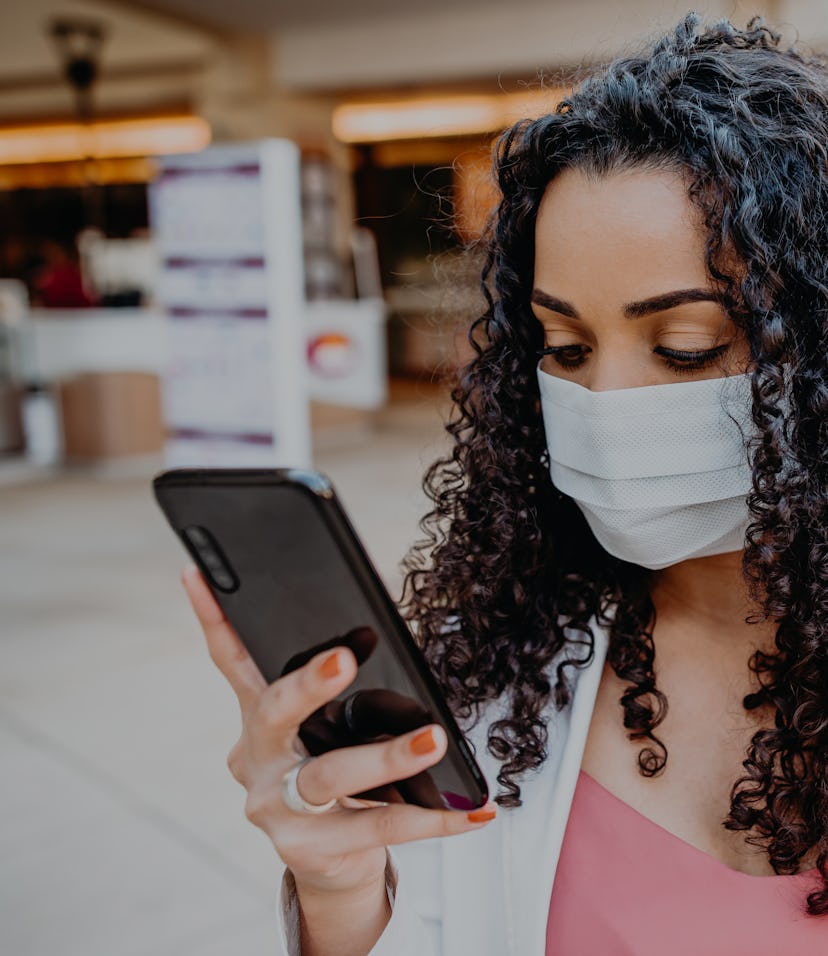Tech
Google wants to be your coronavirus-savvy travel agent
The update goes live over the next week and will assist with everything from vetting city's infection rates to booking a hotel.

Planning to travel anytime soon? Google wants you to make sensible globe-trotting (or state-strolling) plans by providing updated information in its Google Maps, Flights, and Hotels app. The company shared the announcement on August 13, showing how you'll be able to get information about COVID-19 hotspots, cancellation information, refund policies, hotel availability, flight schedules, and even the latest data on coronavirus cases in the vicinity you're headed toward.
How it works — As it stands, Google already provides information about hotels, flights, and other outside activity when you use its Maps app. The features used to live in a standalone app called Google Trips but got integrated into Maps earlier this year. With this new feature, you will get alerts if you're getting closer to a COVID-19 "checkpoint." Over the next week, the company will make its hotels and flight data even more detailed by adding coronavirus hotspot alerts, including the number of COVID-19 cases in the area.
Additionally, Google will let you find out more information about hotels and flights with refund and cancellation policies. This is particularly useful right now since COVID-19 has impacted the nature of travel and has forced millions to rethink, abandon, and change their plans. Plus, who knows what the world will look like in a month, let alone three months when you're planning a trip for the holidays.
Google seems to be trying — On a broader scale, Google has introduced multiple COVID-19 relevant changes and features in its products. For one, the company's Wear OS smartwatch reminds people to wash their hands through a built-in timer, which is pretty similar to what Apple Watch does in watchOS 7, albeit less awesome because it still involves touching the device's screen.
Meanwhile, in April, Google launched its COVID-19 contact tracing in beta mode and announced it would fork out $6.5 million to battle COVID-19 misinformation. The idea was to equip fact-checkers with the resources they needed to combat medically unsound and unfounded claims online. As in that instance, Google sharing more information can only help us make more informed decisions. But as much as we appreciate the flight information and are sure it's valuable to those who have to fly, you couldn't pay us enough to get on a plane right now.